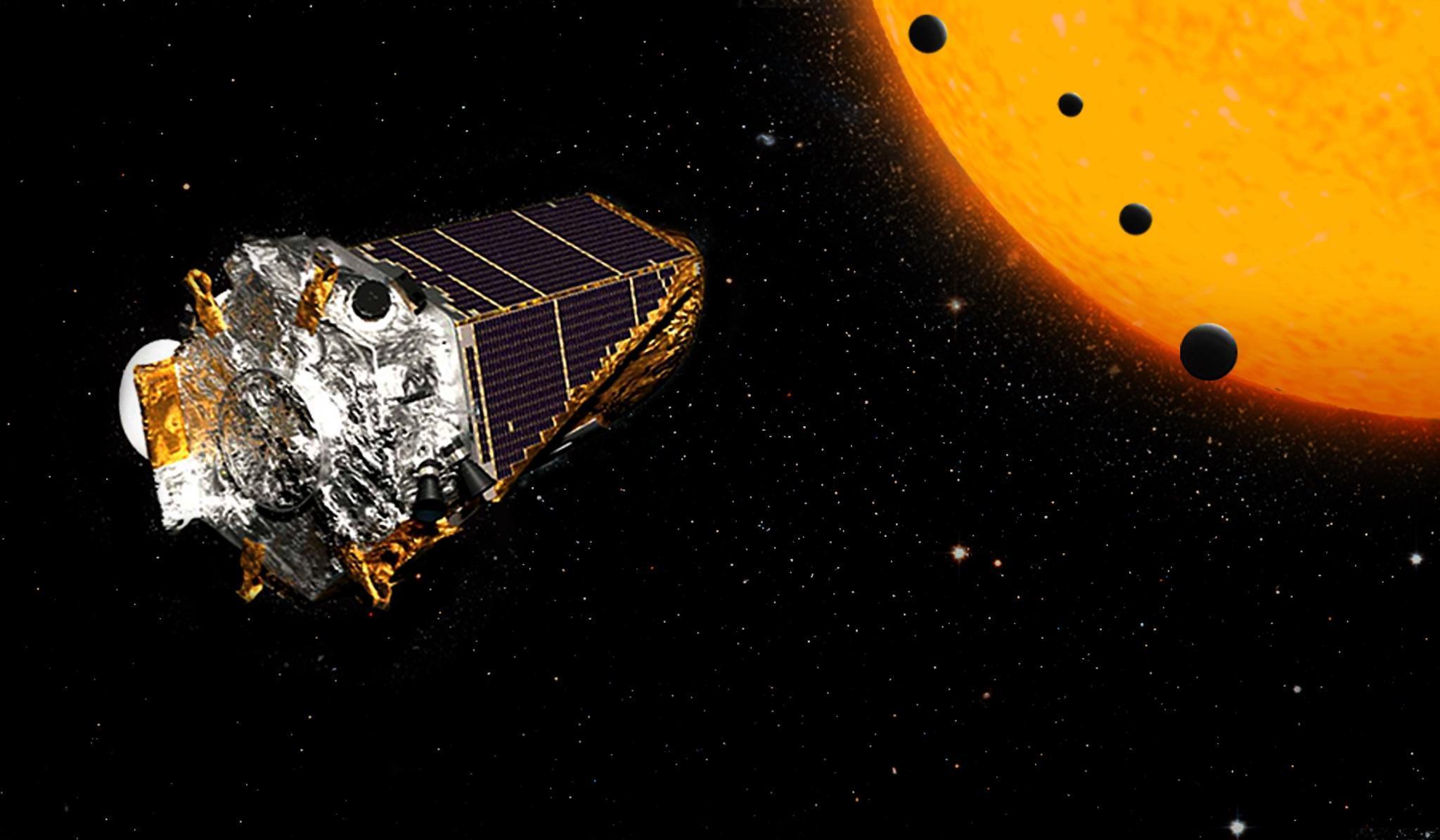Kepler Space Telescope is running out of fuel and Nasa is forced to take a 'nap'
The spacecraft has offered many of the most stunning science discoveries of the last decade

One of Nasa's most important spacecraft is running out of fuel and has been forced to nap.
The Kepler Space Telescope has spent the last decade scouring the sky for other Earths, hunting for planets elsewhere in the universe that might contain life. As part of that mission, it has found a whole host of exciting planets, many of which look like our own and are exciting candidates for life.
But that mission could soon come to a close, as the spacecraft's fuel runs out and engineers send it into a hibernation state.
That nap will last until early August, when it will wake back up and engineers attempt to get hold of the data it collected before it was powered down. If that is successful and there is enough fuel, Kepler will begin new observations – but it is possible that it will not be able to continue.
For now, engineer's highest priority is to get the existing science data back down to Earth. To do that, the onboard antenna must be pointing down to Earth, and engineers will focus on making sure that happens if it can reawaken from its power down.
Kepler has been searching for planets outside our solar system for nearly a decade, after being launched in 2009. Considered the pioneer of planet hunting, it's discovered nearly 3,000 confirmed worlds and as many potential candidates.
Kepler has run into a whole range of other problems before, and had been initially scheduled for a much shorter mission. It has shown surprised its engineers in getting around many of those issues.
But it will not be able to come back from an empty fuel tank. If there is not enough power to wake it back up, the spacecraft will die.
Join our commenting forum
Join thought-provoking conversations, follow other Independent readers and see their replies
2Comments